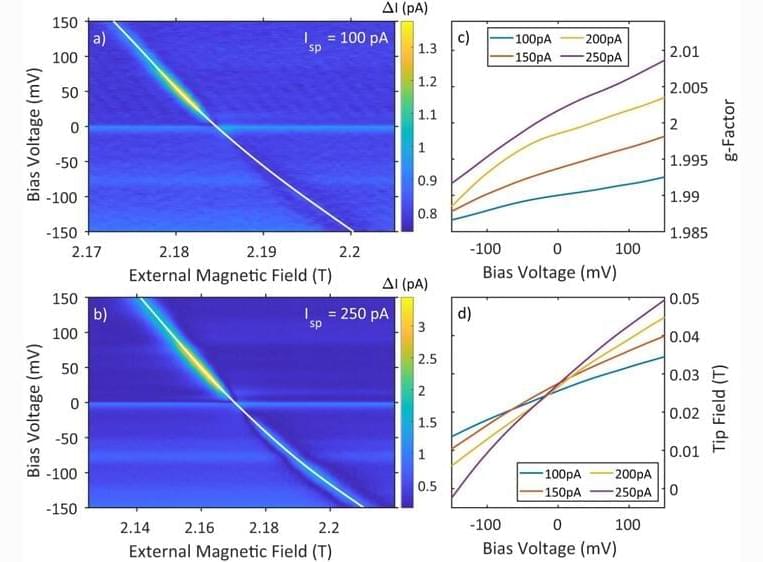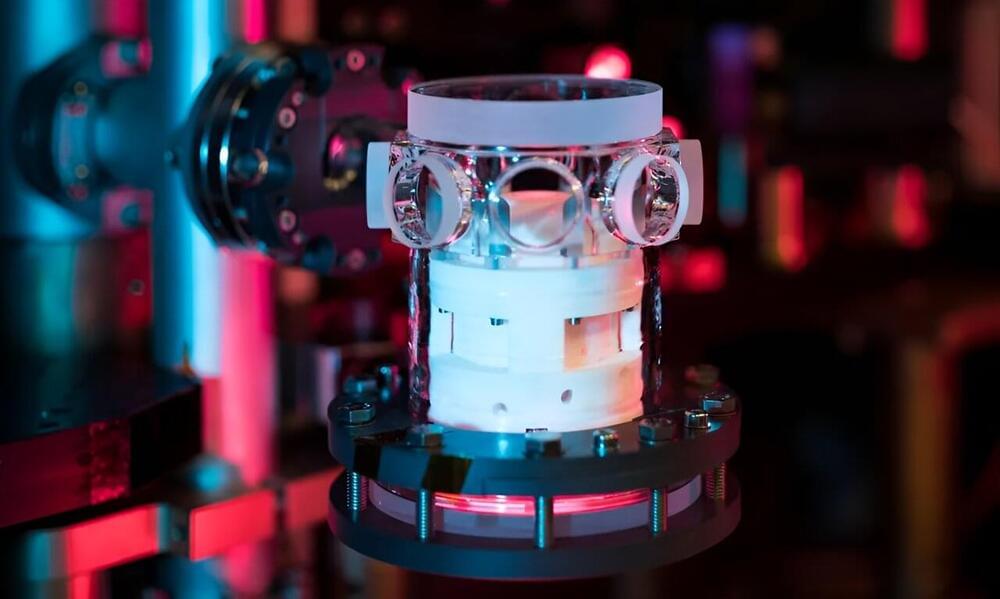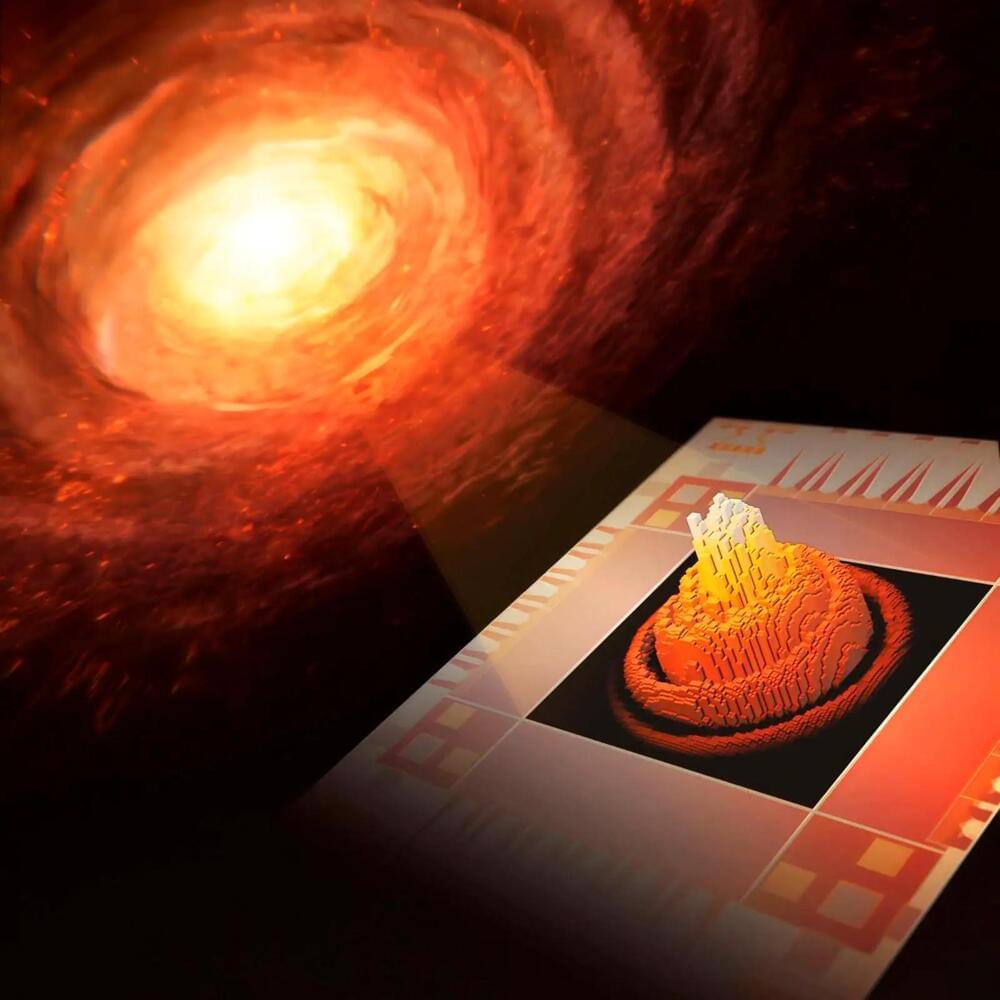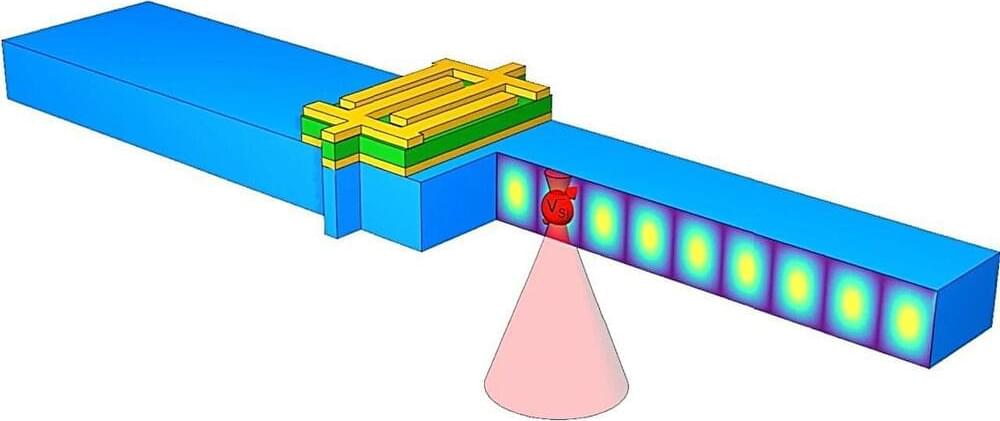OpenAI’s CEO, Sam Altman, spent a good part of the summer on a weeks-long outreach tour, glad-handing politicians and speaking to packed auditoriums around the world. But Sutskever is much less of a public figure, and he doesn’t give a lot of interviews.
He is deliberate and methodical when he talks. There are long pauses when he thinks about what he wants to say and how to say it, turning questions over like puzzles he needs to solve. He does not seem interested in talking about himself. “I lead a very simple life,” he says. “I go to work; then I go home. I don’t do much else. There are a lot of social activities one could engage in, lots of events one could go to. Which I don’t.”
But when we talk about AI, and the epochal risks and rewards he sees down the line, vistas open up: “It’s going to be monumental, earth-shattering. There will be a before and an after.”









